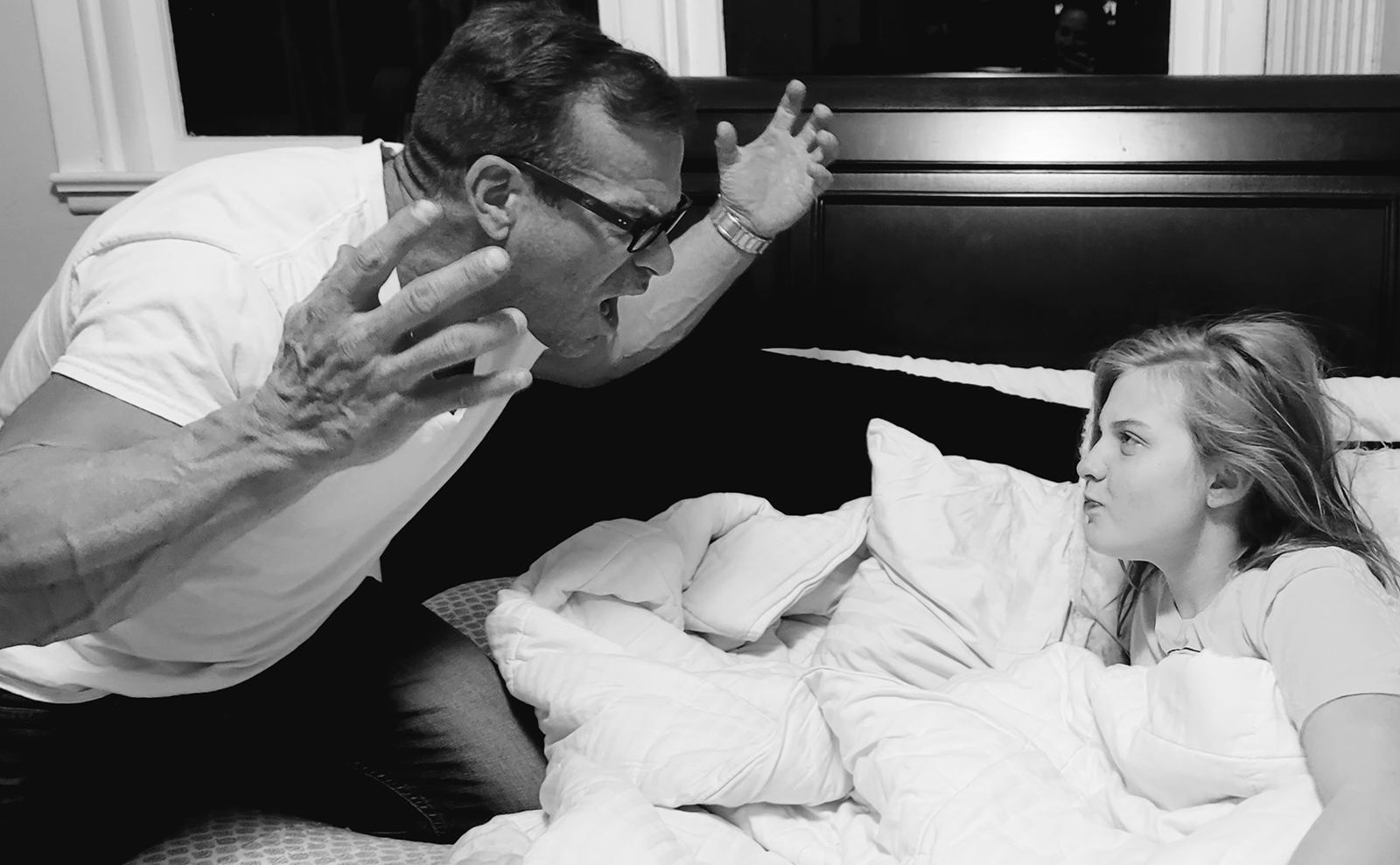W hen you hear the word anger, do you immediately call to mind a bad word or negative action?
Guess what? Anger is not a dirty word! It is a healthy word and a healthy emotion as well.
Anger is an emotion characterized by antagonism toward someone or something you feel has deliberately done you wrong. … It can give you a way to express negative feelings, for example, or motivate you to find solutions to problems.
We all experience anger; it is what we DO with our anger that can change an otherwise healthy emotion into a problem to be dealt with. Some go as far as losing their families and jobs because of what they think is anger. Others may even lose their freedom and never fully understand why.
I learned that most times when I was feeling angry, it was a primary response to a situation that caused me to react in an unhealthy way. Some may think of anger as screaming in rage, acts of physical violence, or hostile thinking.
The key is to first recognize the feeling of anger. Next, it needs to be acknowledged- not pushed away or denied. Finally, anger needs to be processed. If a response is needed, we can now better respond having done all of the other things with our anger first.
When we reflect, we want to notice how we were affected and why. It may take some uncomfortable moments to understand what we might be afraid of that caused us to act that way toward someone we love (or may not know at all). I typically reacted with anger because I felt that I was being judged. What resulted was a loss of control, shame, fear, and insecurity. “People will think I am a bad parent” was what typically ran through my mind. Then when my daughter didn’t do exactly what I wanted, my reactions came out sideways. I was so short-tempered, which I know now was unhealthy- for me as well as for my daughter.
The goal is really to lead by example and show our children how to process difficult situations in healthy ways- especially emotionally charged situations that come with big emotions (like anger). It is our responsibility to act the way we would like our children to act and to demonstrate that behavior in real-time. I can focus on being a better parent by focusing on what triggers my angry reactions instead of my shame or regret after the fact. I can pause. I can process. I can respond. I can then take the time to listen to my child and hear her fully when she says, “I don’t understand myself!”. Our children are human and look to us to learn because we are their first teachers. We can be the example of a healthy emotional life!

